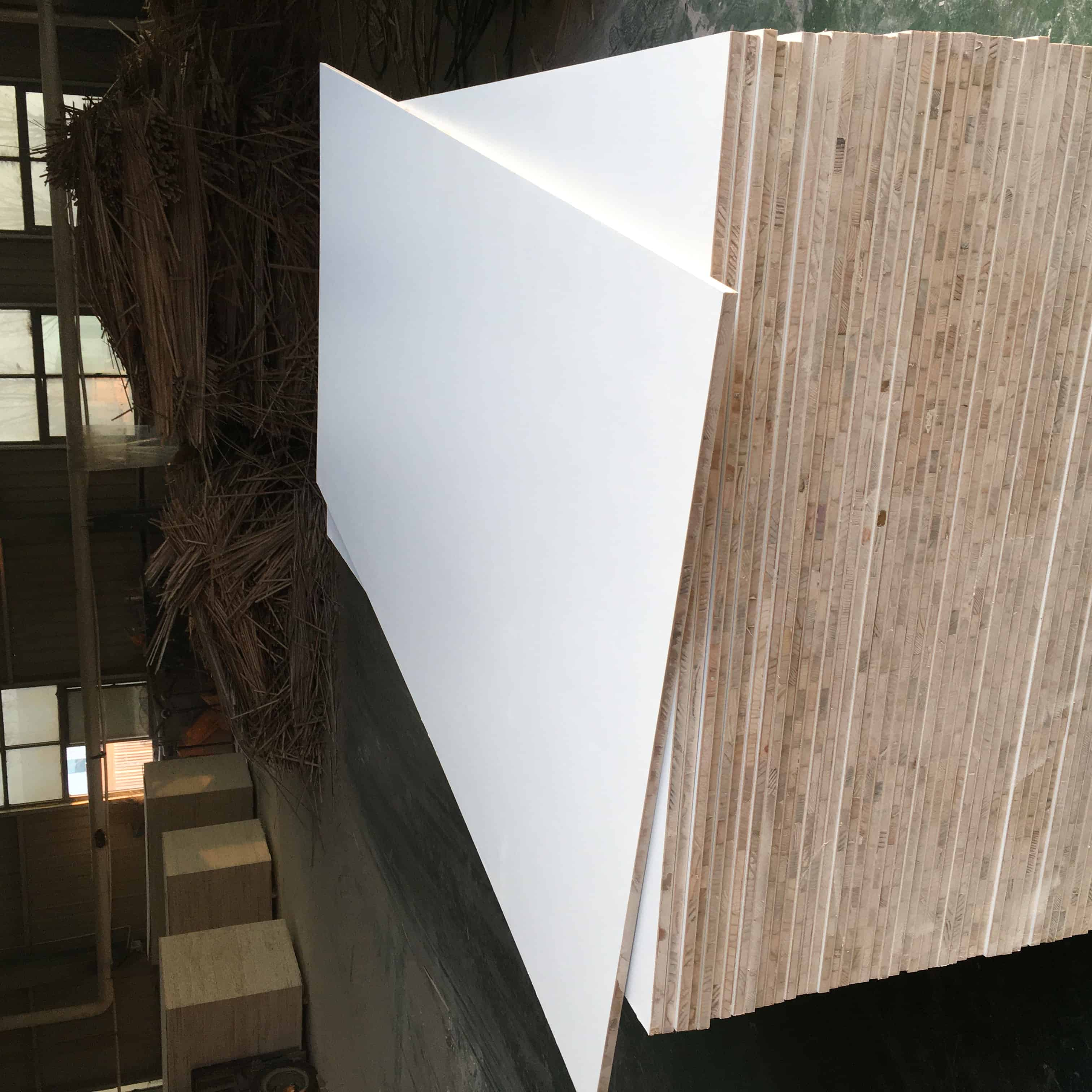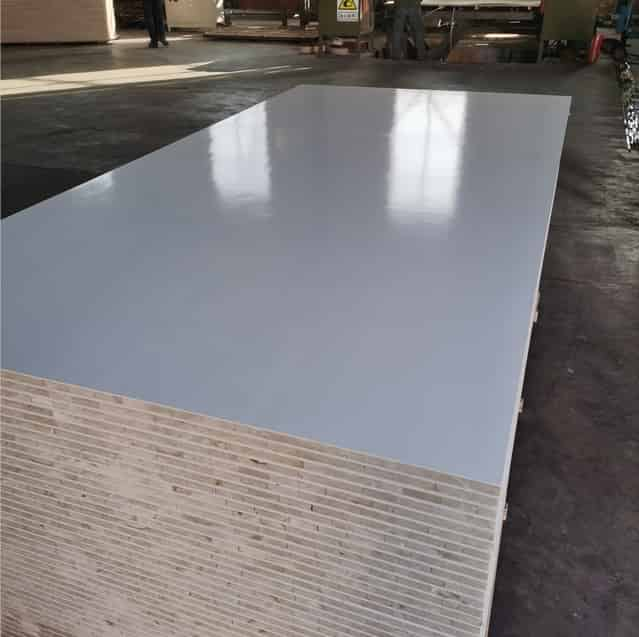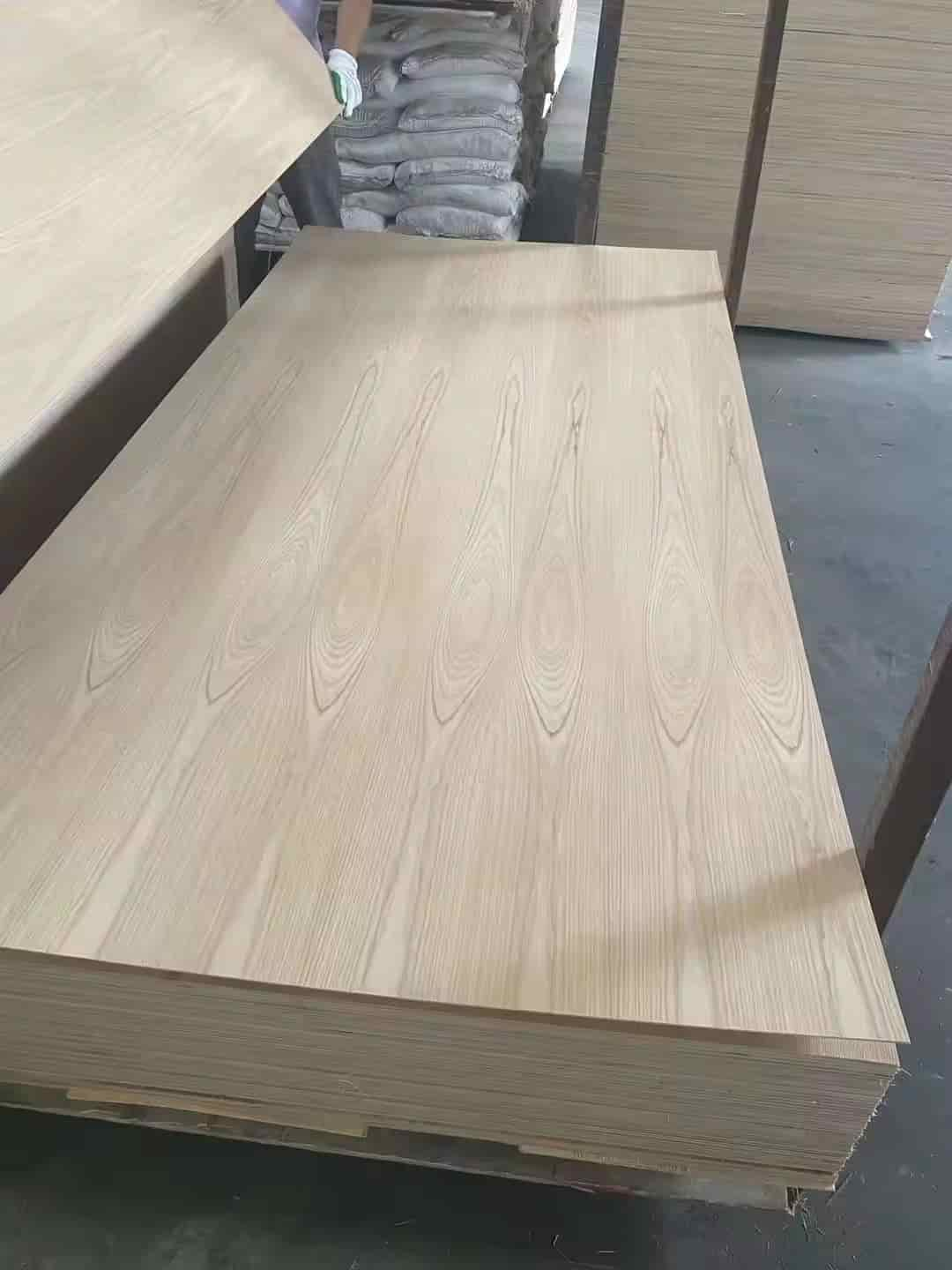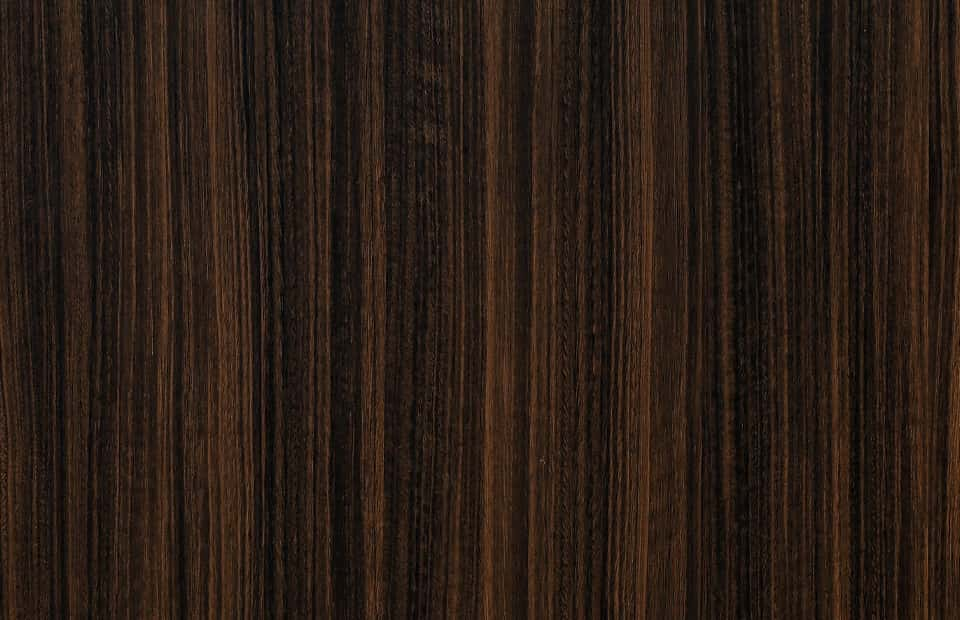When considering the ideal thickness for marine board, itWhen considering the ideal thickness for marine board, it into account the specific application and it’s important to take into account the specific application and the environment in which it will be used. Marine boards are commonly used in a variety of settings, from boat decks to docks, so the appropriate thickness can vary based on factors such as weight capacity, durability, and exposure to elements.

One common consideration is the weight capacity needed for the marine board. If the board will be used for heavy equipment or vehicles, a thicker board may be necessary to support the weight without cracking or breaking. In these cases, a board with a thickness of 5/8 inch or greater may be recommended. However, if the board will be used for lighter applications, such as foot traffic or light equipment, a thinner board may suffice.

Another factor to consider is the environmental conditions in which the marine board will be used. If the board will be exposed to harsh sunlight, saltwater, or other corrosive elements, a thicker board may be more durable and better able to withstand the wear and tear over time. A board with a thickness of at least 1 inch may be more suitable for these conditions.
The size of the marine board may also impact the ideal thickness. For larger boards, a thicker board may be necessary to provide stability and prevent warping or bowing over time. For example, a 4×8 marine board may require a thickness of at least 1 inch to maintain its structural integrity.

Ultimately, the ideal thickness for marine board depends on a range of factors, including weight capacity, environmental conditions, and board size. By carefully considering these factors, individuals can select the appropriate thickness for their specific application and ensure the longevity and functionality of their marine board.

